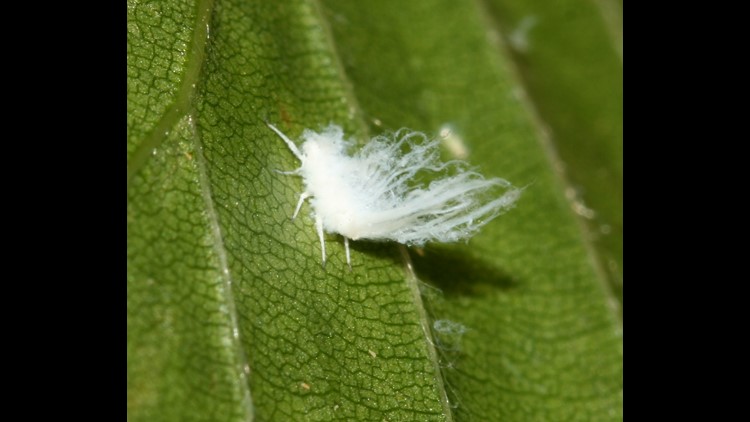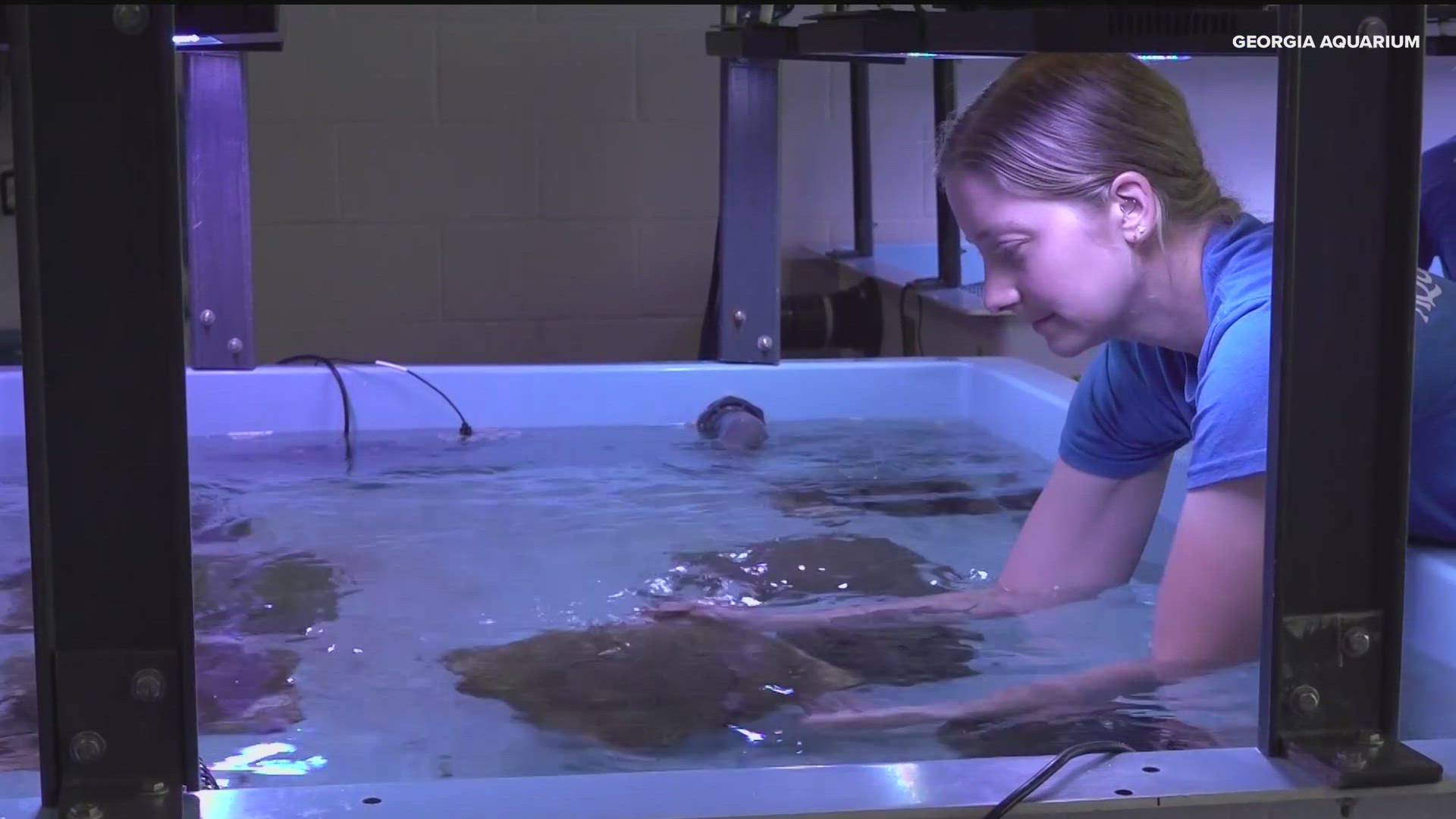You've probably seen them. They are tiny, fuzzy white creatures - flying all over. They're called aphids. They don't bite, but many hate the sight of them.
Whether she's at home or at work, there's something just getting on Brooke McMahan's nerves.
"They're flying, they're sticking to your clothes they're sticking to your hair,” she explained.
Those teeny aphids get really active in early fall. They're practically all over the place in East Tennessee.
Brooke reached out to us online to get some specific answers.
"What are they, where are they coming from, and what can we do about them,” she asked.
We turned to the University of Tennessee Institute of Agriculture to see if we could get Brooke some help.
"This particular aphid is the Asian wooly hackberry aphid,” explained Ag Extension agent David Vandergriff.
The insects don't bite or eat plants, but they do suck - literally.
"They suck the sap out of the leaves and don't digest all of it. So some of that sugary substrate then floats and settles underneath the hackberry tree,” explained Vandergriff.
You've probably seen the black moldy looking substance they leave behind on your car or on the leaves of certain trees. That's known as sooty mold, and it's a fungi that grows in the substrate left behind by the aphids.
So why are the aphids only appearing now? Vandergriff said it's because the temperatures and moisture levels are just right to support a population boom.
So what can we do about them?
David Vandergriff explains there's two treatment options - insecticide or tree removal. Both are expensive and removal isn't always an option.
"No, this tree is very special we planted it the year my nephew was born,” McMahan said describing the tree in her front yard.
Vandergriff says there's no aphid spray to keep them off you like mosquito spray, but these insects won't be sticking around for long. Once we see our first frost, they should disappear... just in time for stink bugs to make a comeback!



